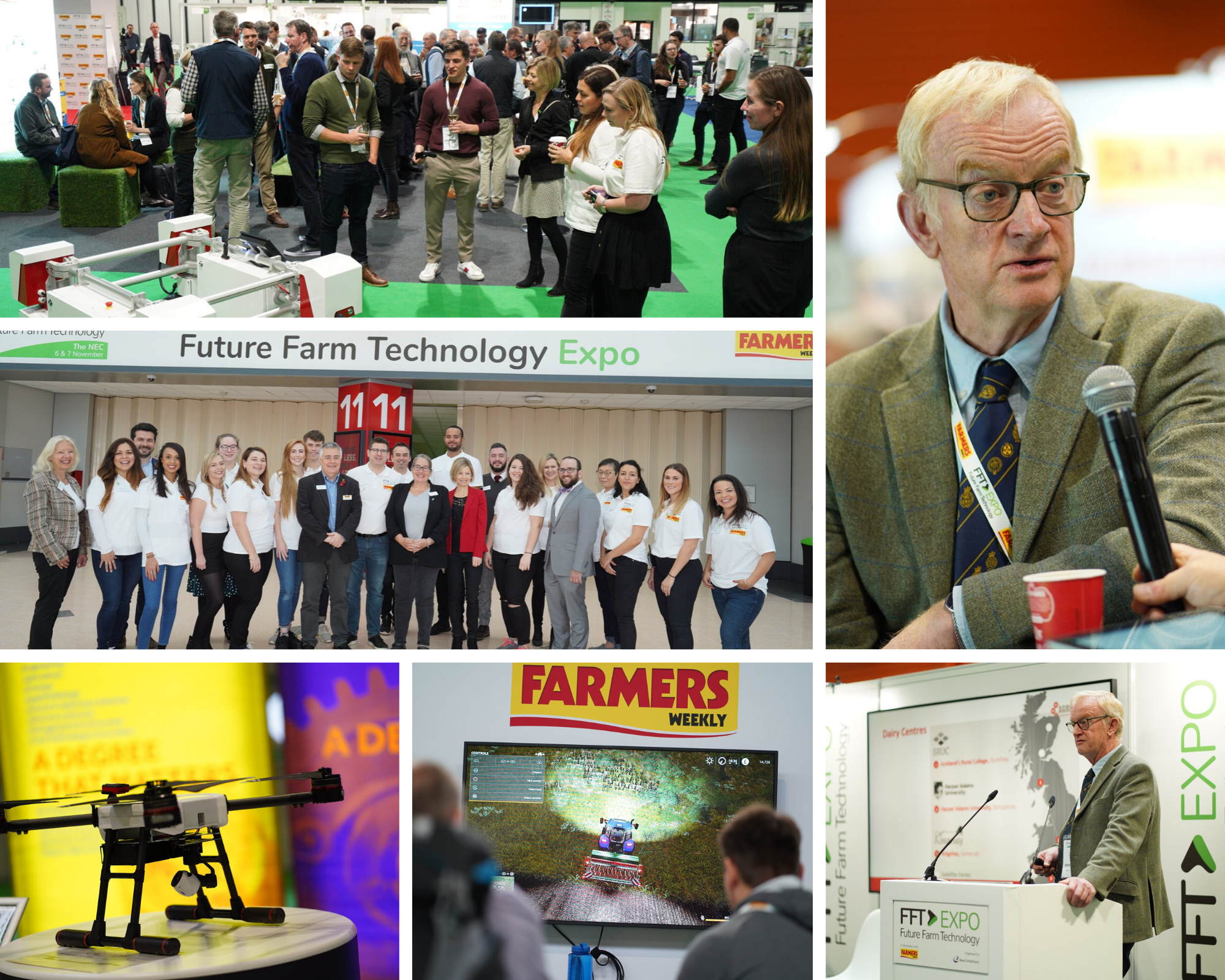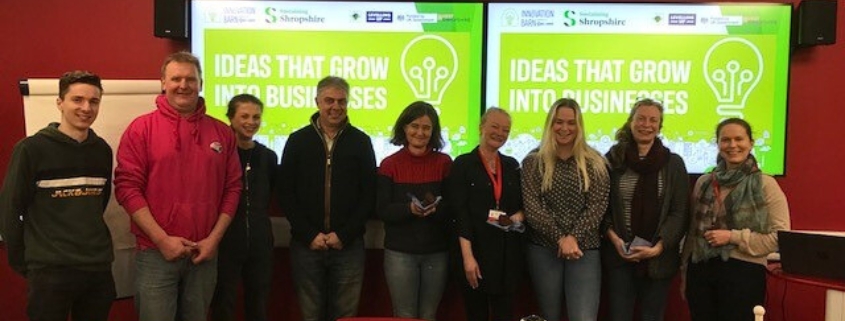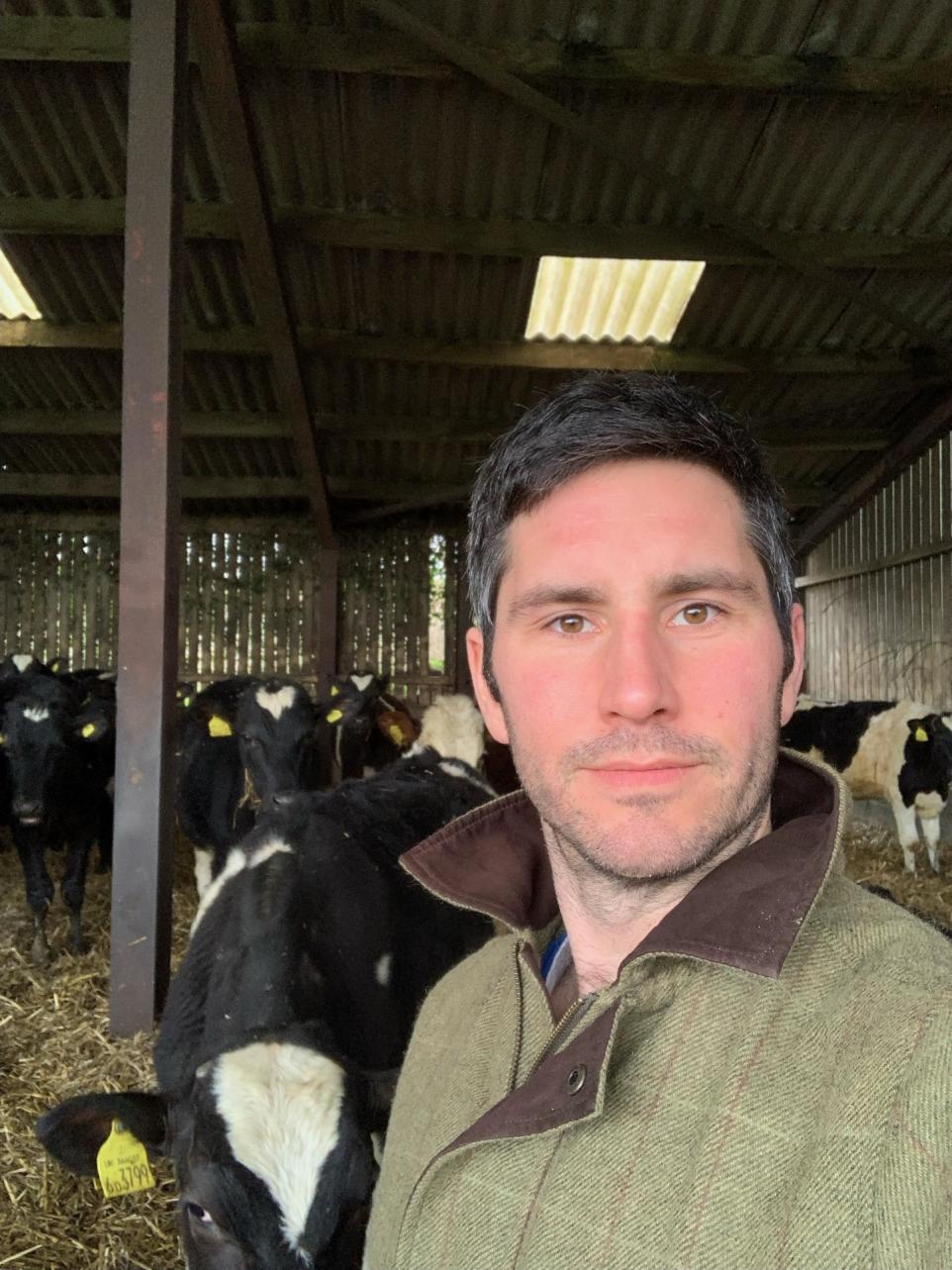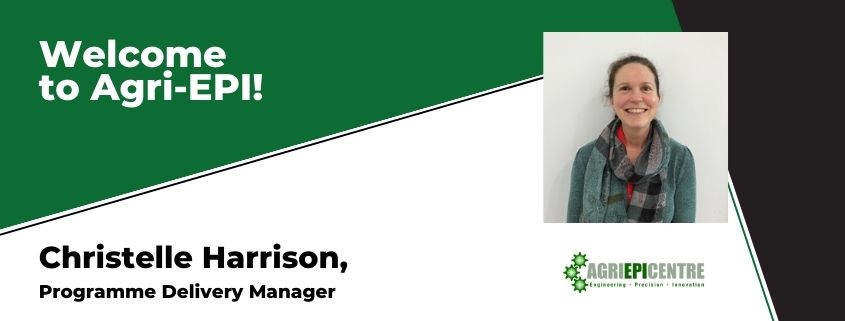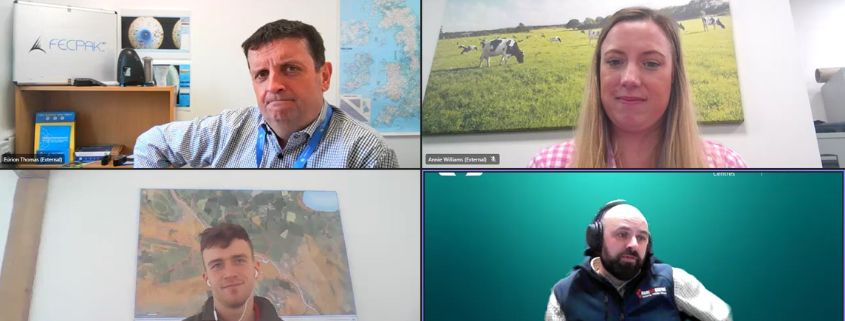The challenges of a growing population
The world’s population is expected to more than double by 2050, which will consequently result in a higher demand for food.
It has therefore fallen on the agriculture sector to develop new ways of meeting this demand, without compromising on the health of livestock and crops and, essentially, the quality of food produced. But the key question here is, How do we do this?
The answer: new technology.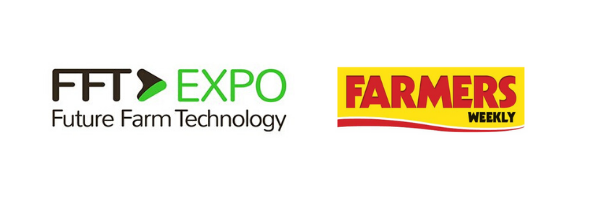
Future Farm Technology expo
Events such as the Future Farm Technology expo (FFT), in association with Farmers Weekly, are held throughout the year to highlight the advanced technology being developed for tacking these issues head on. Key industry players and SMEs that operate within the industry attend and are invited to exhibit their game changing technologies.
Soil health
It is now known that the use of more traditional and heavy machinery, as well as intense agriculture has had a knock on effect on the health of soil and its ability to support harvests in future farming. As a result of these finding companies, such as Lettus Grow and MycoNourish have developed new ways of harvesting crops, without the need for soil.
Both companies exhibited at this year’s Future Farm Technology expo (FFT) in November – as did Agri-Tech Centres CIEL, CHAP and Agrimetrics – and showcased their innovative ‘soil free’ systems. Lettus Grow shared their next level solution to soil-free growing: aeroponics. Aeroponics sees the plant roots suspended in air and sprayed with a fine mist of nutrient solution, which significantly reduces the amount of fertiliser and water needed and increases the growth rate of a plant due to the high gaseous exchange around the roots.
MycoNourish take a slightly different approach that tackles those plants that do not benefit or thrive from Lettus Grow’s aeroponic approach. MycoNourish uses knowledge to produce bespoke formulations, tailored to individual plant species. They compare their research to a ‘dating agency’, which essentially pairs plants up with their ‘perfect match’, i.e. fungal partners. Why do they do this? The theory is that strong fungal networks surrounding plant roots will help mitigate against challenging environmental conditions that will essentially result in more stable yields.
Agri-EPI at the FFT
With higher demand comes higher responsibility, and with that comes precision farming – well, at least in the case of farmers it does.
Precision farming is the method in which farmers optimise inputs, such as water and fertiliser, to enhance the productivity, quality and yield of their crops. But this method is not only limited to soil and can be extended to other areas of farming, such as dairy, as Agri-EPI’s Head of Dairy Duncan Forbes explains:
“Sensor technology is being used to gather data to enable us to maximise precision in many aspects of feeding, production, health and welfare across the farm: indoors and outdoors, by satellite, and on and inside the cows. The automation of many processes within the dairy releases skilled staff to devote more of their time to cow health and welfare,”
Duncan shared his views at the FFT expo and spoke about the Agri EPI’s fully automated, 180-cow facility, the South West Dairy Development Centre (SWDDC) in Somerset. The SWDDC looks to offer a fresh vision for the UK dairy industry by providing a truly innovative environment that provides a platform to test and demonstrate new and emerging technologies that will help support future farming.
For more on the FFT expo and the other companies that attended, please visit: www.fstjournal.org.


